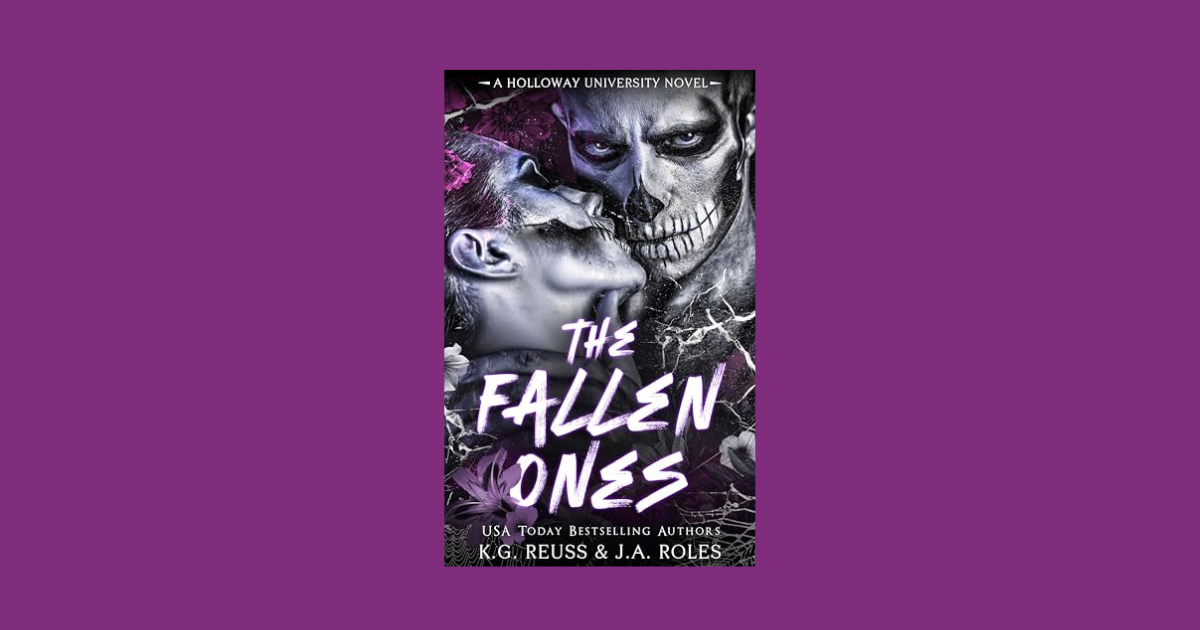Ever since his big-screen debut in the fantasy epic 300, Michael Fassbender has steadily made a name for himself as one of the greatest working actors. His choice of films, ranging from superhero blockbusters to intimate character dramas, has allowed him to try his hand at a wide range of roles. While his output has diminished in recent years (likely so he can dedicate more time to his other passion, race car driving), his upcoming role as a hitman in David Fincher’s latest film The Killer sees him returning to a character type he excels at – the villain.
While plenty of actors have made a career out of twirling their comically exaggerated mustache while chewing as much of the scenery as possible, Fassbender has taken a different stance. Instead, he approaches such roles with the respect they deserve, transforming them into complex characters that avoid the barrage of clichés antagonists are subjected to. Examples of this can be seen throughout his career, and with even his more heroic roles containing some degree of darkness to them, it appears Fassbender is also aware of where his strengths lie. So, before he unleashes his talents onto the brutal and bloody world of professional assassination, let’s take a look back on some of his most iconic roles that exemplify why he is the master of bringing humanity to villains.
The greatest example of this comes from Fassbender’s most famous role, that of famed supervillain Magneto in the X-Men films. While Ian McKellen had already introduced him to the world in a previous trilogy of films, Fassbender truly made the role his own when he made his debut in 2011’s X-Men: First Class. Right from the film’s opening scene, depicting a young Erik Lehnsherr being separated from his mother at the gates of the Auschwitz concentration camp in 1944, it’s clear he is far more than just a monster-of-the-week villain. It establishes him as a traumatized and scarred man, a survivor of the worst hell anyone can live through whose pursuit against those who have wronged him becomes hard to object to.
Several scenes later, the now-adult Lehnsherr tracks two former Nazis to a bar in Argentina, and the result is one of the most audacious moments in any superhero film. Fassbender’s performance sells the scene, and the way he transitions from innocent passer-by to vengeful harbinger of death with only the simple act of twisting his arm (revealing the numbers he still has tattooed on his skin from childhood) is sure to send chills through anyone’s body. It establishes Magneto perfectly, a character trying to cleanse the world of the evil that inhabits it, but whose methods for doing so puts him at the uncomfortable crossroads between hero and villain.
It’s a thread that continues across the X-Men series, with Magneto never becoming an overt antagonist despite his repeated clashes with the titular team. Instead, their conflicts come from a difference of ideas, with his close but simultaneously distant friendship with Charles Xavier (James McAvoy) creating one of the most interesting dynamics in the genre. While much of what makes Magneto such a compelling character can be attributed to the writing, it cannot be understated how much Fassbender brings to the role. A scene in X-Men: Apocalypse which sees Magneto living in perfect harmony with his wife and daughter, at least until it is tragically cut short following an incident with the local militia, displays his skills at their finest.
The moment when he holds the bodies of his family, painfully whispering “not my babies” as he sees the only thing that has ever brought him happiness collapsing before his eyes, is a moment sold entirely on Fassbender’s excellent performance. The sequence after when Magneto uses his daughter’s necklace to kill those responsible, a decision made without a single line of dialogue, showcases Fassbender’s mastery of conveying internal conflict with only the subtlest of facial expressions. In a matter of seconds, Magneto’s entire character changes, putting him on a malevolent path of destruction that drives him for the rest of the film. This glimpse at an idyllic life adds a staggering amount of humanity to someone who is essentially the franchise’s overarching villain, all aided by Fassbender’s excellent performance.
But the X-Men films are far from the only showcase of Fassbender’s skills in this area, with another key example coming from Justin Kurzel’s stylish 2015 version of Macbeth. Starring as the titular King of Scotland whose acts of betrayal and murder against those he once called friends serves as the definitive warning against seeking power at all costs, Fassbender finds himself working off the perfect material to highlight his skills at bringing humanity to villains. Macbeth is inherently a tragic character, a man with ambitious dreams beyond his assigned role in life who is manipulated by his scheming wife into committing acts he would never have considered otherwise, with Fassbender excelling at depicting his tortured soul as he descends further into madness and fear. There’s a sadness to his performance that previous screen adaptations lacked, with Fassbender playing him as an utterly broken man for much of the film’s second half as he realizes the cost of his actions.
His fragile exterior forms the perfect shell for the nefarious Lady Macbeth to work her evil plans, with Marion Cotillard’s seductive performance spinning an insidious web of lies and deceit that allows both actors to state their claim as the greatest onscreen portrayals of the famed characters. But Fassbender is keenly aware of when to shed the subtleties of nuance in favor of a louder performance, a decision best seen during the film’s impressive battle sequences. Here we see a Macbeth who was always lurking beneath the surface, one with thoughts no rational man should possess and who is willing to sacrifice everything and everyone for just a slither of additional power. Fassbender masterfully updates the character from stage to screen, tweaking his performance in both delicate and grand ways depending on the situation, and the result is one of his greatest performances as one of the Bard’s most complex characters.
But even in roles that are not overtly villainous, Fassbender still brings a darker touch to many of his performances. His role as a sex addict in Steve McQueen’s psychological drama Shame sees Fassbender at his most vulnerable, with his insatiable desire to find comfort in others proving to be the very thing that prevents him from finding real intimacy. His self-destructive habits alienate him from those who love him, causing him to descend further into his harmful addiction which only exacerbates his problems. Fassbender approaches the role with a level of commitment most actors would balk at, delving deep into the psychosis of someone dealing with such an addition. The result is one of his most captivating and sympathetic performances.
On a similar note, his role as tech-entrepreneur Steve Jobs in Danny Boyle’s titular film sees him tapping into his darker side even while celebrating the late billionaire’s talents. While it is hard to describe a real-life person in the context of heroes and villains, Jobs undoubtedly had a harsher side that he shared with seemingly all tech-magnates, but he was also unquestionably a genius who ultimately was just a flawed human being. A feeling best encapsulated by how he treats his daughter, growing from distant to loving as the film progresses. Fassbender may not resemble Jobs’ in appearance, but he captures his essence flawlessly.
Even in roles that are meant to be heroic, Fassbender still keeps one foot on the opposing side of morality. His starring roles in 2016’s Assassin’s Creed as Cal (an outcast who begins the film on death row for murder) and Aguilar de Nerha (an assassin during the Spanish Inquisition) are the closest Fassbender has come to playing a traditional hero, but both are a far cry from the usual protagonists of such blockbuster films. They may be trying to save humanity from being enslaved by the Templar Order, but their method of doing so by deploying their personal brand of bloody justice without any respect for the rule of law would paint them as villains in most other films. It’s a compliment to Fassbender that he can convince the audience into believing they are heroes without them even questioning it.
Similarly, his appearance as the unfortunately named Harry Hole in the equally unfortunate The Snowman sees him tackling the grizzled police detective archetype in a role that seems tailor-made for him. He’s a character who’s eternally walking the line between hero and villain, always just one drink away from joining the ranks of Norway’s most infamous criminals. His habit of using problematic and borderline illegal methods to get results ensures he’s always a watchable character. The film’s troubled production cuts short the potential it clearly had, but Fassbender does his best with what he has, and it stands as another example of where his acting talents are best suited.
It’s a testament to Fassbender’s skills that this represents just a small percentage of this kind of role. It would have been possible to write this article again with an entirely new set of performances, such as a corrupt MI6 agent in Haywire or as android turned godlike figure David in the Alien prequels, who makes a strong claim at being the franchise’s greatest character. Connecting all these roles is his unrivaled ability to create genuine sympathy for characters who commit heinous acts, transforming them into some of the most complex figures that often eclipse the intended idols of their respective films. None of these characters fit into a standard definition of a villain and seeing the occasional glimmer of humanity in them as they battle both internal and external demons makes them all the more tragic. Here’s hoping The Killer is another fine addition to his delightful (and wicked) repertoire.










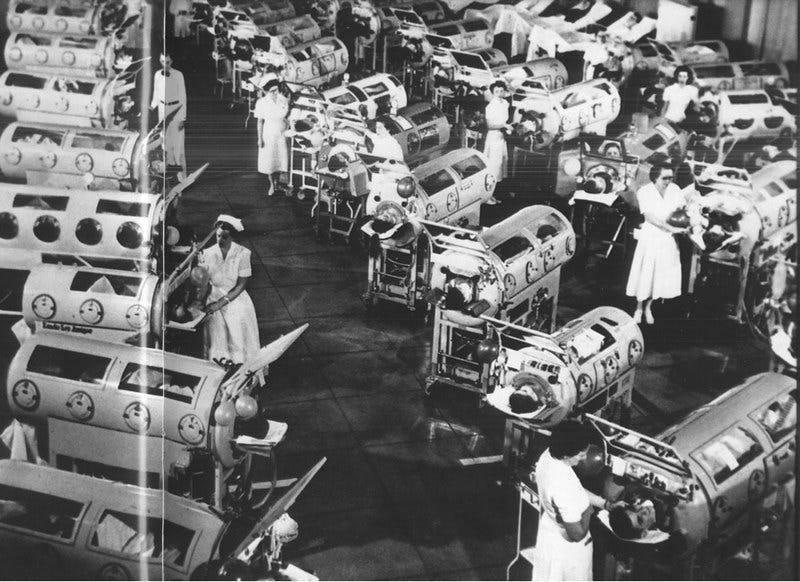
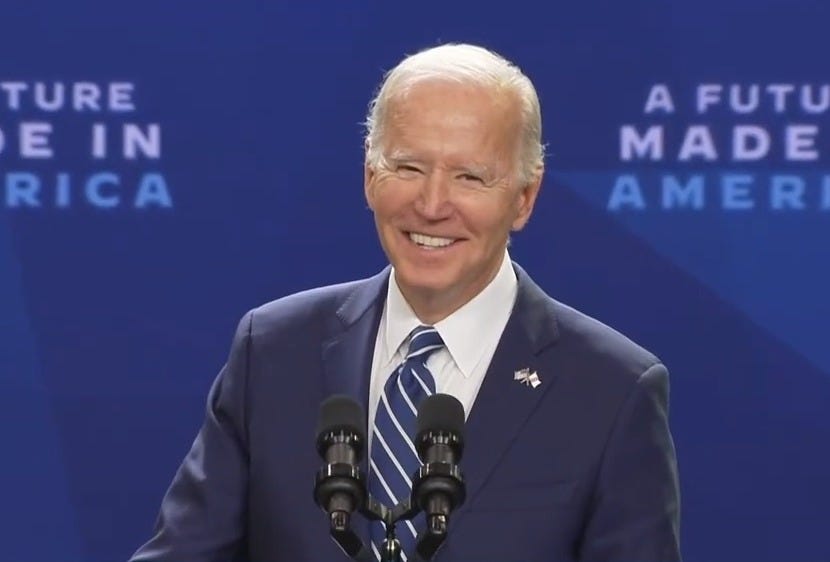
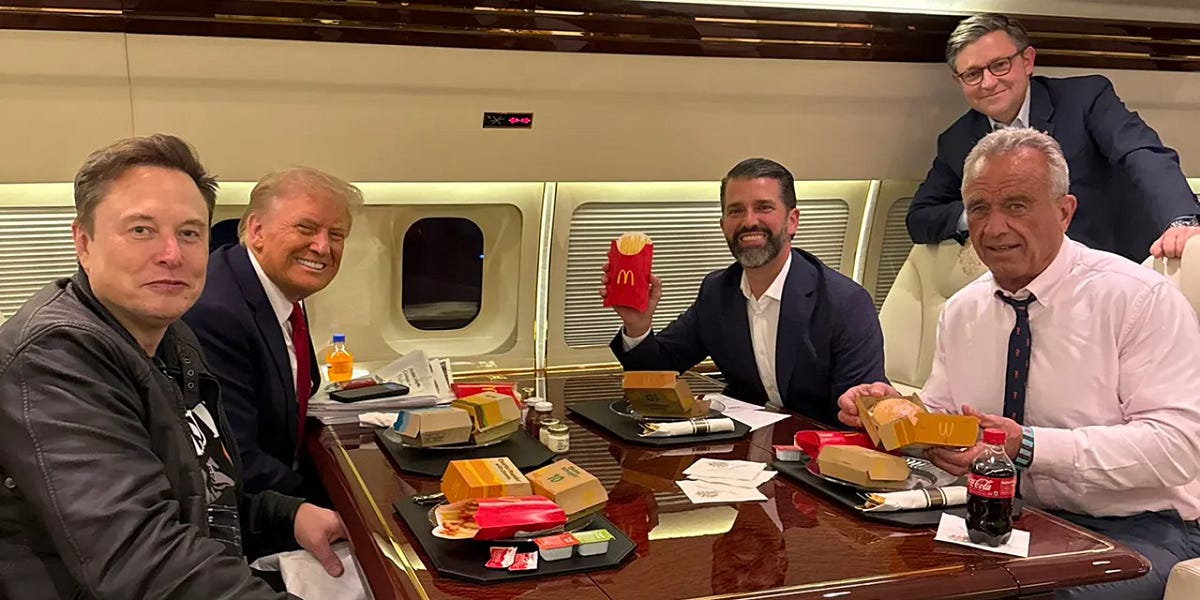



























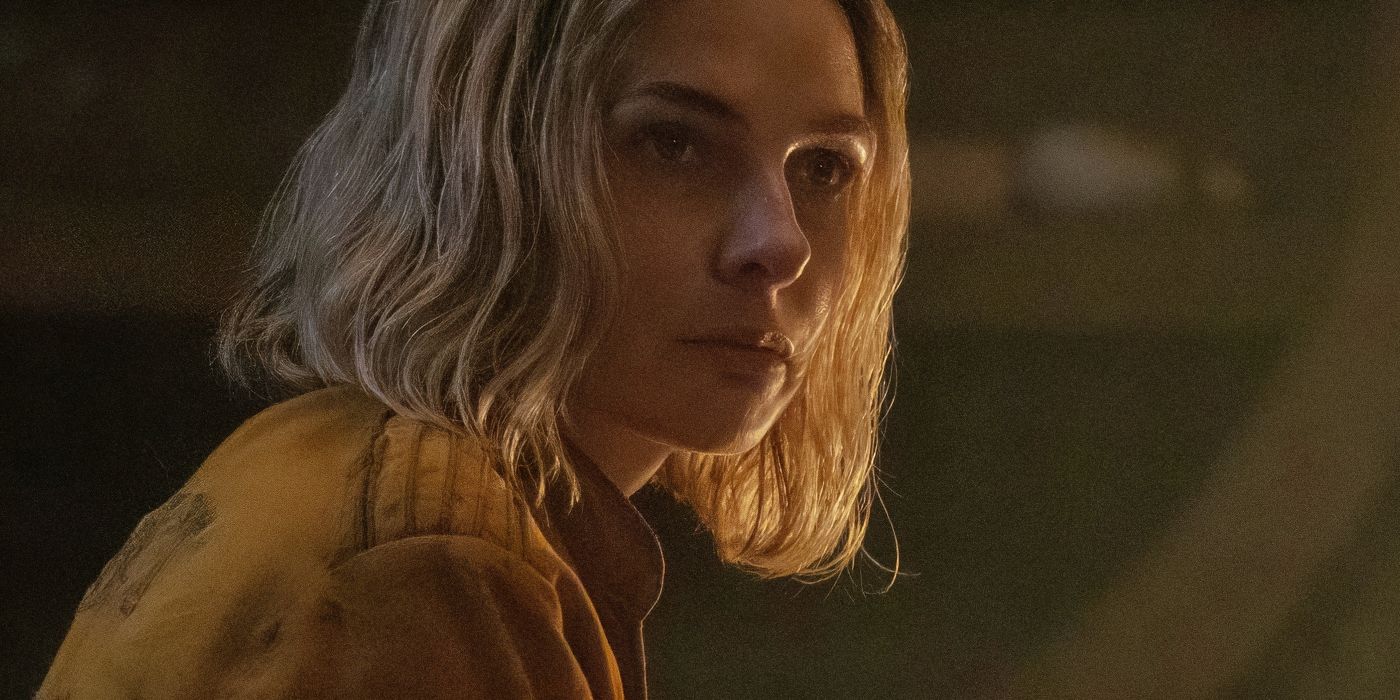






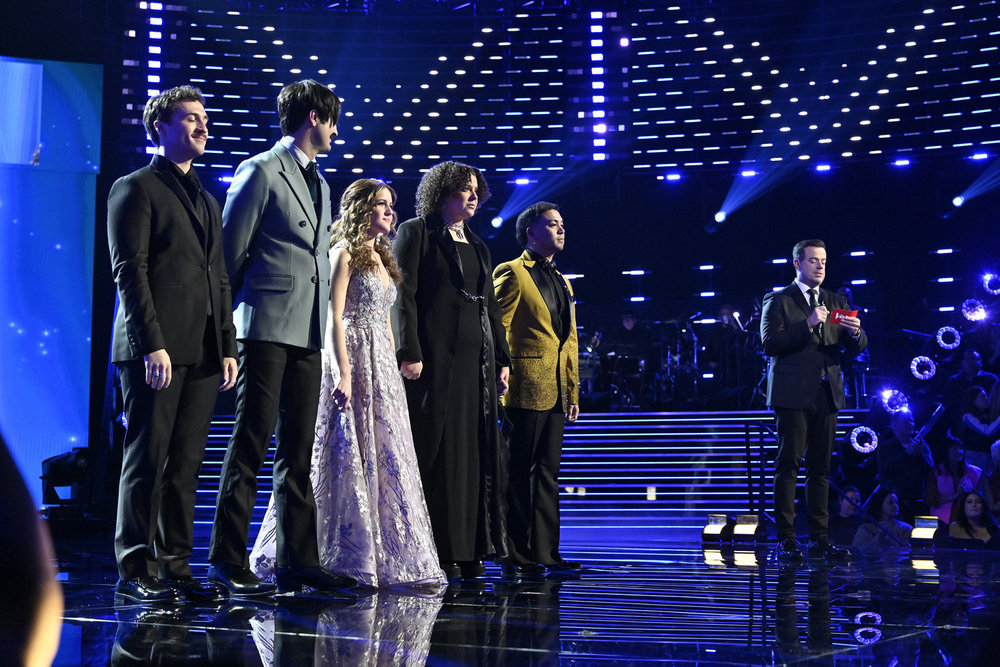





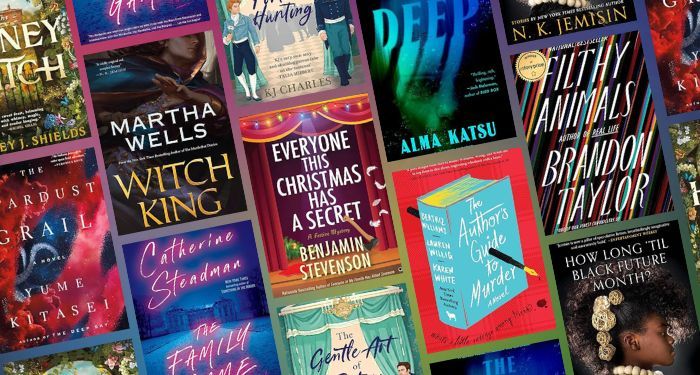





![LinkedIn Provides Tips on How to Promote Live Events [Infographic] LinkedIn Provides Tips on How to Promote Live Events [Infographic]](https://imgproxy.divecdn.com/kA4YczoBIs8NmPBiERWa-OxzvYMz5kwjjZ6wewP8z7c/g:ce/rs:fit:770:435/Z3M6Ly9kaXZlc2l0ZS1zdG9yYWdlL2RpdmVpbWFnZS9saW5rZWRpbl9ldmVudF9hZHNfaW5mb18yLnBuZw==.webp)








